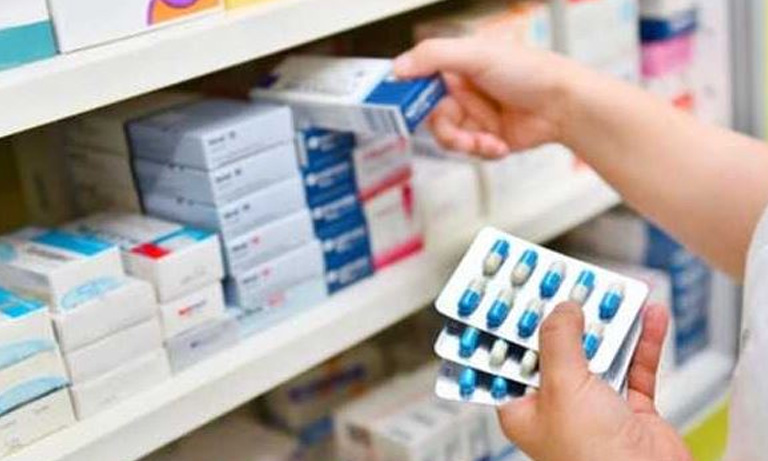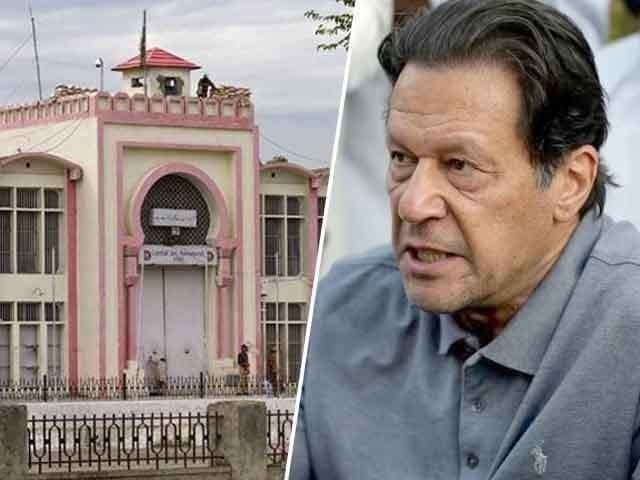Price Deregulation Leads to Soaring Medicine Costs in Balochistan, Public Struggles with Healthcare Affordability

Quetta:In a significant move, the provincial government of Balochistan has removed the control over medicine prices by giving pharmaceutical companies the authority to set prices, leading to a drastic increase in the cost of over 80,000 medicines. This deregulation, along with the imposition of a 70% tax on medical devices, has placed an unbearable burden on the public, with prices of essential medicines soaring by more than 200%.
According to a report by UNA, the recent price hike has severely affected the residents of Balochistan, making healthcare and essential medicines increasingly unaffordable. While the deregulation of drug prices was initiated by the interim government, it has continued under the current government, which has kept the system in place. As a result, there has been an increase in the availability of critical drugs like insulin, tuberculosis, cancer, and heart disease medications. However, the downside has been a sharp rise in the prices of these essential medicines, which now cost up to 200% more than before.
Pharma advocate Muhammad Noor Mehr described 2024 as the “most unfortunate year” for the people of Balochistan and Pakistan. He explained that on February 18, 2024, the interim government decided to end the regulation and control of drug prices, which led to an increase in the cost of over 80,000 medicines. Furthermore, a 65-70% tax was imposed on medical devices, adding to the financial burden on the public.
Pakistan’s pharmaceutical market is worth approximately 960 billion rupees, and these additional taxes are now being directly passed on to the consumers. The most affected medications include antibiotics, painkillers, diabetes medications, and other essential drugs, which have seen prices increase by 100% to 200%. This sharp price increase has led to confusion and disputes at medical stores, as both customers and store owners struggle to keep up with the fluctuating prices.
The Pakistan Chemists and Druggists Association (PCDA) has expressed concerns about the continuous price hikes. PCDA Chairman Abdul Samad Khan stated that the deregulation has caused the prices of non-essential medicines to rise unabated.
In cities like Lahore, citizens have reported that prices of medicines are changing every week, every two weeks, or every month, leading to rising costs for medications for chronic conditions like diabetes, high blood pressure, heart disease, and mental health disorders. Even common drugs like fever medicine and antibiotics have become more expensive. Medical store owners have reported that a medication course that previously cost around 2,000 rupees now costs 6,000 to 7,000 rupees.
Government officials have stated that they are monitoring the price increases, but experts believe that pharmaceutical companies are misusing their power to set prices. Without stricter regulation, both the public and the government will face significant challenges in the healthcare sector.
Dr. Ashraf Nizami, a central member of the Pakistan Medical Association (PMA), criticized the pharmaceutical companies for taking advantage of the deregulation, with some increasing prices by as much as 300%. He emphasized that this has made it impossible for middle-class families to afford essential medications, further exacerbating the suffering of the public.
As medicine prices continue to rise unchecked, the demand for effective government intervention is becoming increasingly urgent to prevent further harm to the public’s health and well-being.





